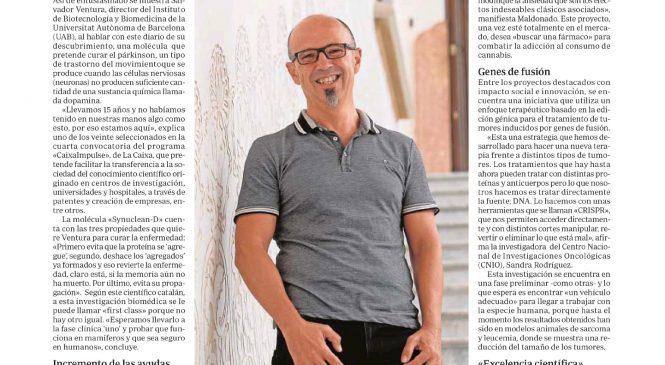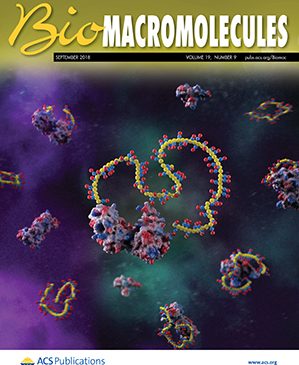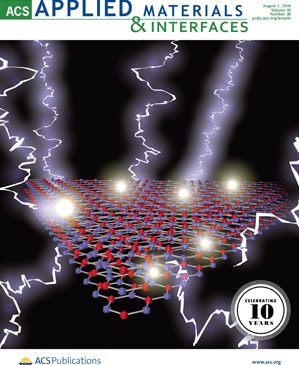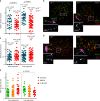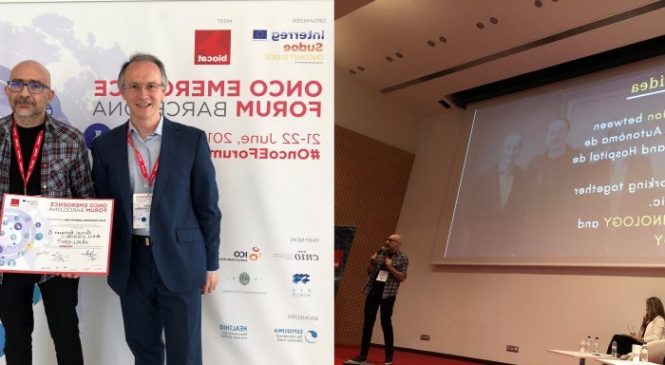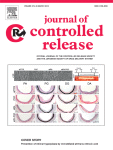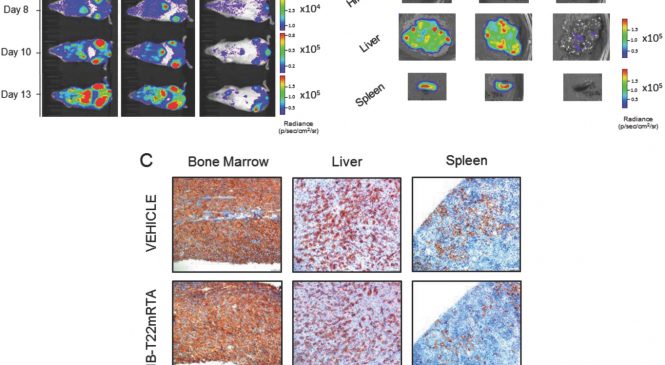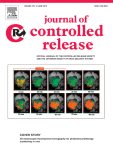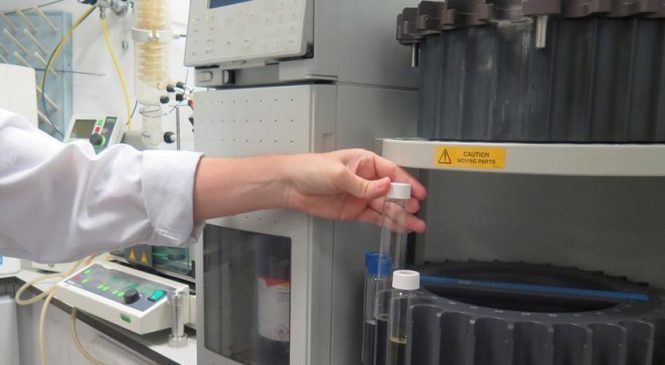
Desarrollan el primer fármaco que elimina células madre metastásicas
Se trata de un nanofármaco que abre una nueva vía para la prevención de la metástasis en el cáncer colorrectal
El nuevo fármaco funciona como un dron que identifica las células madre metastásicas, administra el fármaco y destruye únicamente estas células bloqueando la metástasis. De esta forma se evita la toxicidad general asociada a los tratamientos habituales, y se abre una nueva vía para prevenir la metástasis en el cáncer colorrectal.
leer mas..

